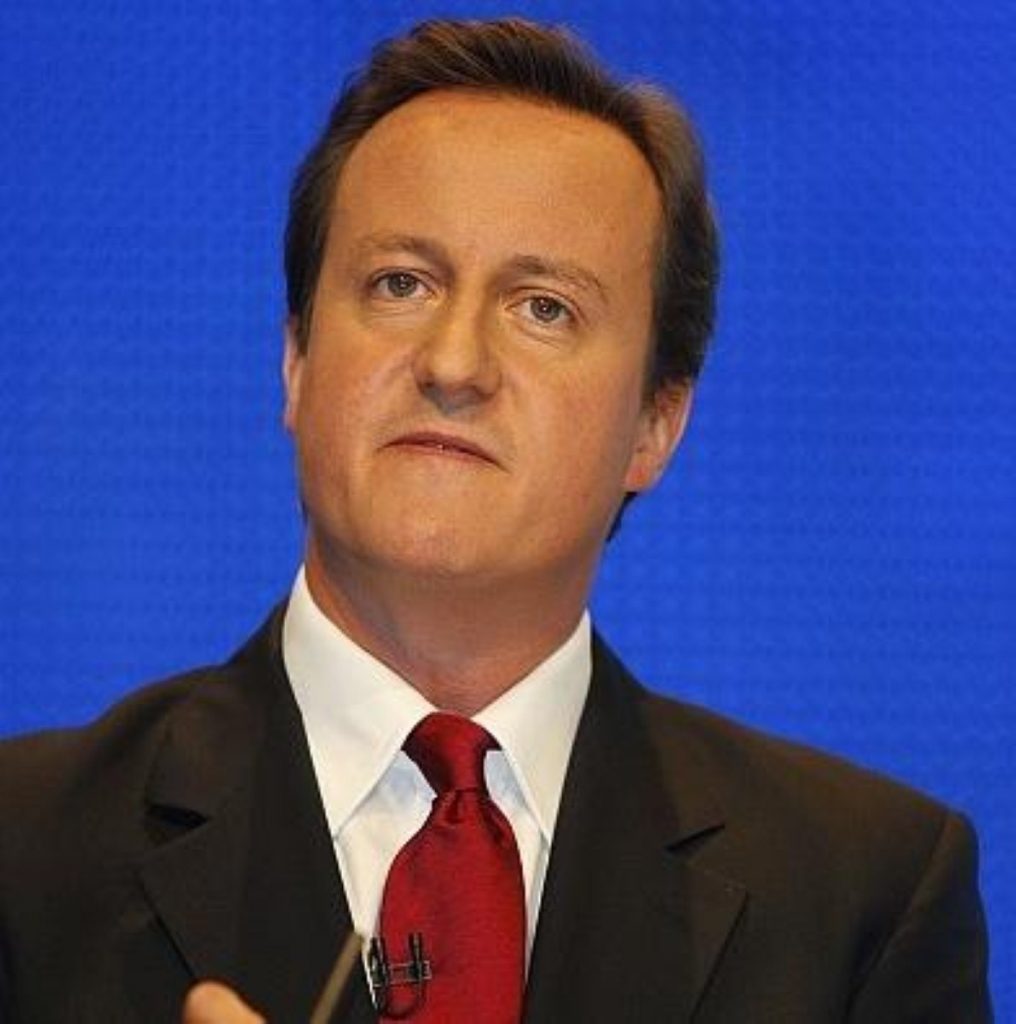Cameron attacks ‘humiliating’ whip withdrawal
David Cameron has used Gordon Brown’s handling of the expenses scandal to launch a personal attack on the prime minister.
He attacked the government’s “literally pointless” obsession with the 24-hour news cycle and said it was impossible to achieve anything “meaningful” when politicians
It follows the announcement on Friday that three Labour MPs – Elliot Morley, David Chaytor and Jim Devine – face criminal charges over their expenses claims.
This morning Labour withdrew the whip from the three MPs, expelling them from the parliamentary party.
The Tories are demanding to know whether the three MPs are using party-funded solicitors as they prepare a defence based on parliamentary privilege.
“Gordon Brown cannot reform the institution because he is the institution: the character of his government – secretive, power-hoarding – is his character,” Mr Cameron said in a speech at the University of East London.
“Look how he tried to block the publication of expenses in the first place.
“For the last two days we have been saying it is quite wrong for Labour MPs trying to use parliamentary privilege [as a defence].
“It’s wrong for them to use Labour lawyers. It’s wrong for Labour and Gordon Brown not to act over these things.
“Now, I gather, in a humiliating change, they’ve withdrawn the Labour whip from all these MPs. They are now in a headlong retreat.”
He called for the introduction of a Parliamentary Privilege Act before the general election to prevent the three MPs using protections designed for freedom of speech to shield themselves from the law.
Mr Cameron called the prime minister a “roadblock to reform” and pledged that the Conservatives, who publish their draft manifesto on “fixing broken politics” tomorrow, would “take away power from the political elite and hand it to the man on the street”.
But Speaker John Bercow was forced to issue a statement to the House demanding Mps not bring up the matter in the Commons for fear of risking “the fairness of a criminal trial or prevent such a trial taking place”.
“Members would not wish to interfere with the judicial process,” he added.
Among the proposals to be announced are giving petitions which attract one million signatures the opportunity to be turned into a bill on the floor of the Commons.
Special advisers would be limited; MPs would get more free votes; use of the royal prerogative would be restricted; and the Commons would be handed more time “for scrutiny and debate”.
The Conservatives would prevent ministers from being employed by lobbying firms for two years rather than the present 12 months.
Mr Cameron’s outspoken attack against Mr Brown came on the same day that a new ‘poll of polls’ appeared to confirm that Britain is heading towards a hung parliament.
Shadow leader of the House Sir George Young told the Today programme that Lord Nicholls’ 1999 review of the issue was important.
“If we did that it would be absolutely clear you can’t use parliamentary privilege to hide from the law,” he said.
“It’s been a bad week with the possibility of this being used.”





-01.png)